A groundbreaking PhD research by University of Cape Town (UCT) graduate, Dr. Eve Wong, is reshaping conversations around identity, marginality, and postcolonial theory.
Through her work exploring the Khoisan Revivalism movement, Wong challenges colonial legacies and proposes new frameworks for understanding identity in post-apartheid South Africa.
Wong, who migrated from Taiwan to the United States at the age of five, draws from personal experiences and academic depth to examine how young, urban, working-class South Africans of Khoisan descent reclaim erased histories and resist fixed notions of race and authenticity.
Her dissertation, completed in UCT’s anthropology department, centers on the idea that identity is not a static concept but an evolving and relational process. “Identity has always been in motion, in disruption, in a perpetual process of emergence,” Wong said. “It arises relationally, emerging through our interactions with others.”
In her study, Wong introduces unique conceptual tools such as sincerity, stickiness, and fabulation to reframe identity formation. Sincerity, she explains, decentralizes the power of colonial institutions to validate existence. Stickiness captures the tension between creative self-expression and societal constraints, while fabulation describes the imaginative process through which new, empowering identities are formed.
Wong’s engagement with Khoisan-identifying individuals reveals a complex dynamic: the desire for institutional recognition coexists with a fear that such validation may re-colonize their identities. “There is a subtle fear of being authenticated,” she noted. “Formal recognition could translate to their identity being legislated and brought under colonial structures and definitions anew.”
Despite the political undertones, Wong observed that many Khoisan youth engage in cultural revival as part of everyday life rather than activism. “They are merely doing life, embracing their Khoisanness and have no interest in politicising or being politicised,” she said.
The research draws on postcolonial thinkers like Sara Ahmed and Gilles Deleuze, offering a critical lens on how marginalised communities navigate identity outside dominant frameworks. Wong suggests that marginality can be a fertile ground for creative world-making. “The gaps and the ‘missingness’ are where fabulation occurs and new possibilities can be generated,” she explained.
While her dissertation did not focus on legal aspects of Khoisan recognition, it raises questions about how laws and state policies shape or constrain indigenous identities.
Looking forward, Wong sees her work contributing to broader global debates about identity and belonging in postcolonial societies. “I would love to see a shift away from authenticity models of reckoning identity,” she said, advocating instead for community-led definitions of self.
Now venturing into digital humanities and user experience design, Wong hopes to explore how technology might further challenge conventional definitions of identity, including the very notion of what it means to be “human.”
Her research signals a shift in how academic institutions can help deconstruct colonial narratives and empower marginalised voices to redefine their pasts—and futures—on their own terms.




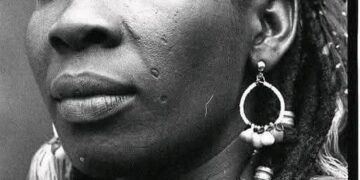
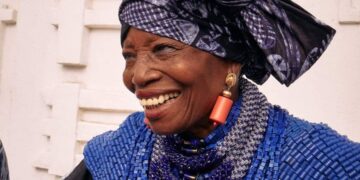
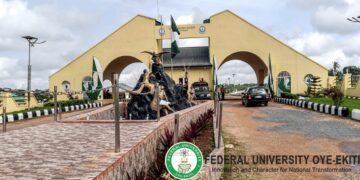






















































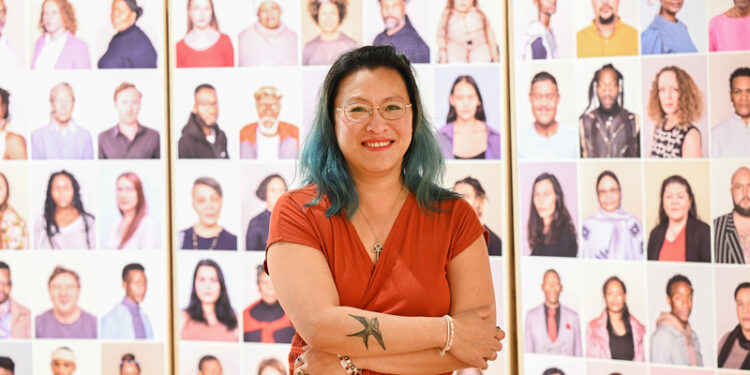




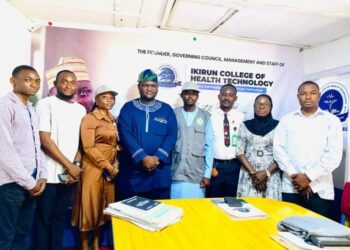

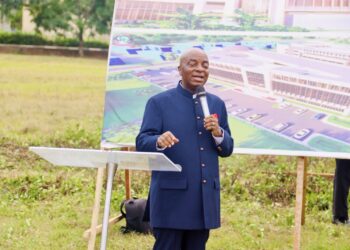
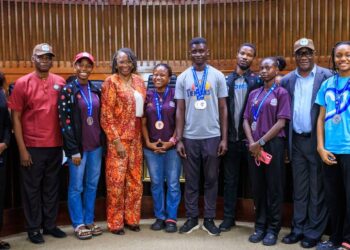
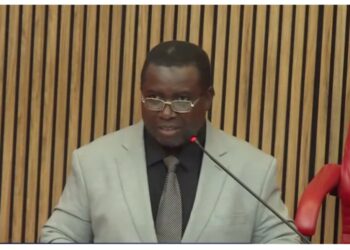











 EduTimes Africa, a product of Education Times Africa, is a magazine publication that aims to lend its support to close the yawning gap in Africa's educational development.
EduTimes Africa, a product of Education Times Africa, is a magazine publication that aims to lend its support to close the yawning gap in Africa's educational development.